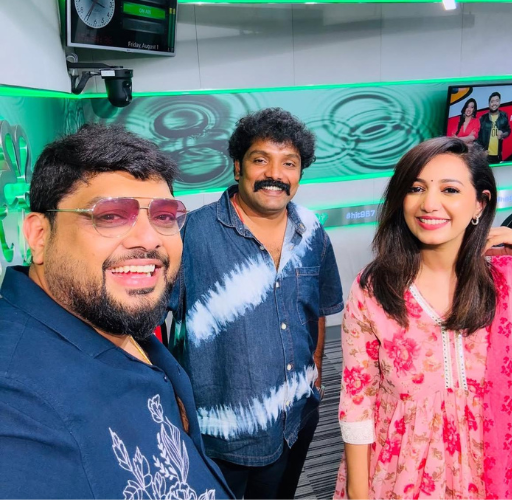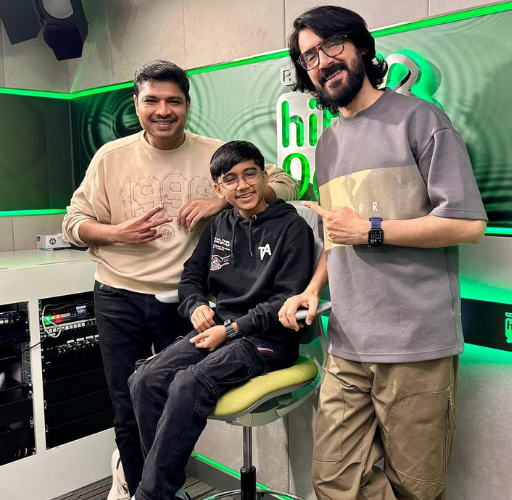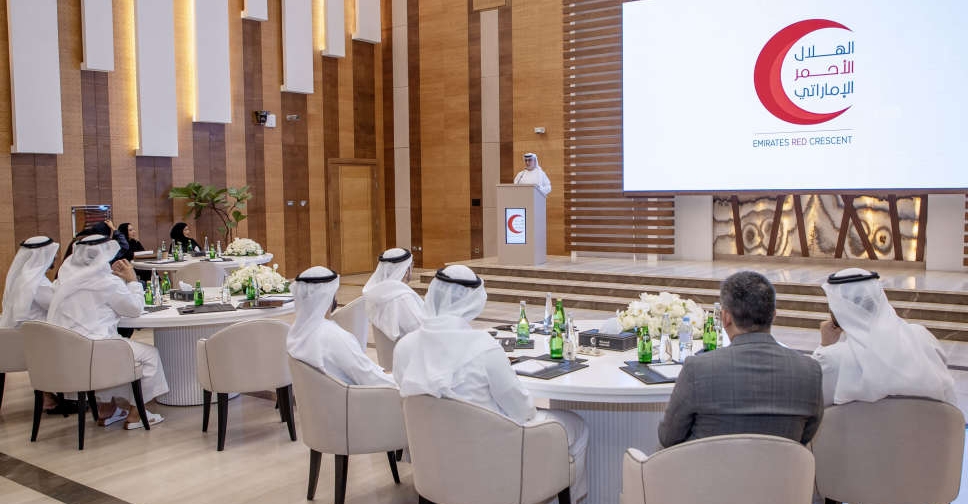
The Emirates Red Crescent (ERC) has hosted a three-day workshop on humanitarian negotiation to build capacities and promote diplomatic culture, in collaboration with the Ministry of Foreign Affairs and in coordination with the International Committee of the Red Cross (ICRC) at its headquarters in Abu Dhabi.
The workshop brought together more than 30 participants from 14 entities in the UAE engaged in humanitarian work, including donor organisations and the private sector.
The event also featured speakers from the Centre of Competence on Humanitarian Negotiation (CCHN), based in Geneva.
The programme covered key topics such as climate negotiations, healthcare in conflict environments, and disasters and crises, aimed at deepening the understanding of dialogue methodologies and benefiting from humanitarian and diplomatic negotiations.
Participants explored various tools to grasp negotiation scenarios and developed essential personal skills to build diplomatic relationships.
During the opening session, Dr. Hamdan Musallam Al Mazrouei, Chairman of the Board of Directors of the ERC, said, "The organisation of this workshop continues the initiatives of the UAE, led by President His Highness Sheikh Mohamed bin Zayed Al Nahyan, to strengthen efforts in humanitarian diplomacy and negotiation mechanisms, with the goal of mitigating the humanitarian impact of crises and disasters. This reaffirms the UAE’s commitment to the values of tolerance and human fraternity."
He said, "This workshop comes at a time when the international humanitarian landscape urgently requires discussion on this vital issue. Today, the world is witnessing escalating crises and severe conflicts that have directly impacted the humanitarian situation of many populations. This calls for enhancing diplomatic culture and strengthening negotiation and dialogue skills among humanitarian workers."
He further emphasised that the ERC's hosting of this workshop, under the patronage of H.H. Sheikh Hamdan bin Zayed Al Nahyan, Ruler's Representative in Al Dhafra Region and Chairman of ERC, reflects the ERC’s commitment to building the capacities of humanitarian workers, enabling them to fulfil their tasks in line with the aspirations of the UAE and its wise leadership.
Al Mazrouei added, "Training and qualifying national cadres in this field is a noble goal that we are striving for, and we provide all the necessary elements for its success. We will spare no effort in advancing these programmes to achieve their noble humanitarian objectives."
Sheikha Dr. Moza bint Tahnoun Al Nahyan, Adviser at the Ministry of Foreign Affairs, welcomed the participants in her speech during the workshop’s opening session and extended the Ministry’s gratitude to the ERC for hosting the event, as well as to the CCHN for contributing to the workshop programme.
She emphasised that the workshop provided an opportunity for participants to exchange experiences.
She added, "Last year, the UAE allocated 42 per cent of its official development assistance to global humanitarian response, including in conflict zones and hard-to-reach areas, where access to humanitarian aid is often a significant challenge. This underscores the importance of humanitarian negotiations and the need for entities involved to enhance their capacities in this area."
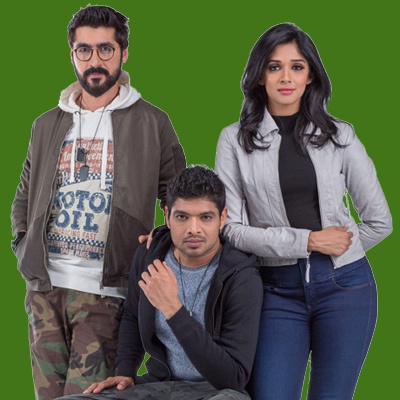


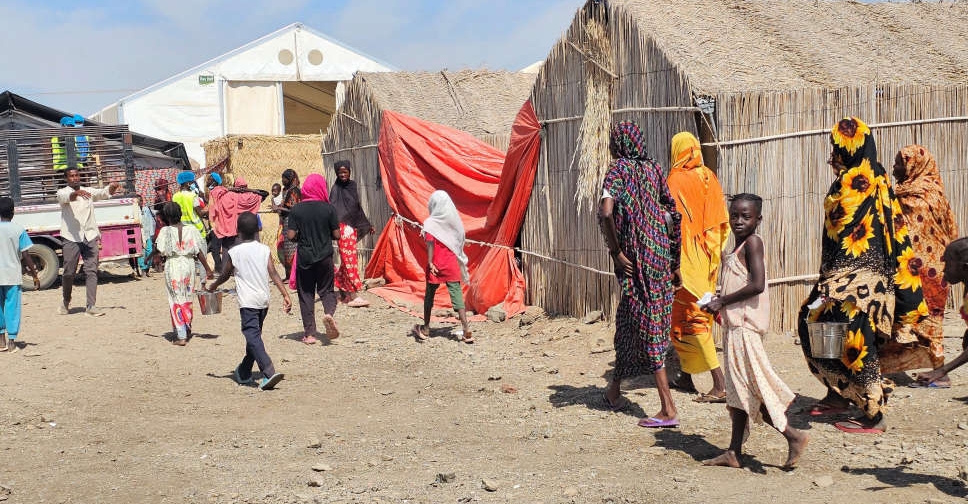 UAE welcomes US comprehensive peace plan for Sudan
UAE welcomes US comprehensive peace plan for Sudan
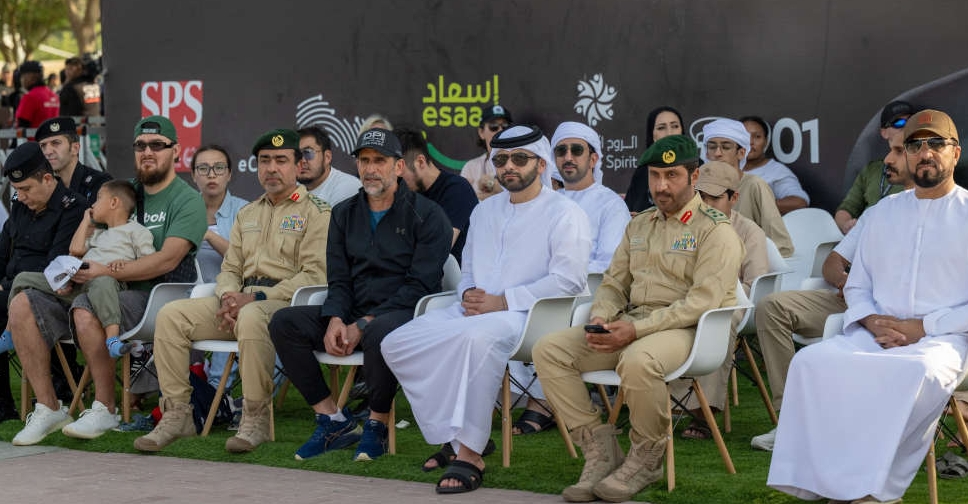 Sheikh Mansoor praises Dubai Police's efforts at UAE SWAT Challenge
Sheikh Mansoor praises Dubai Police's efforts at UAE SWAT Challenge
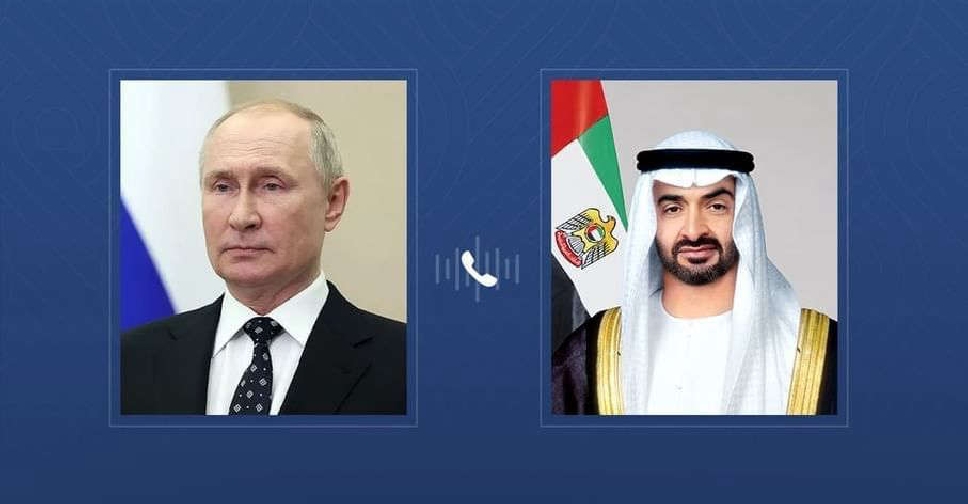 UAE, Russian Presidents discuss ties, regional developments
UAE, Russian Presidents discuss ties, regional developments
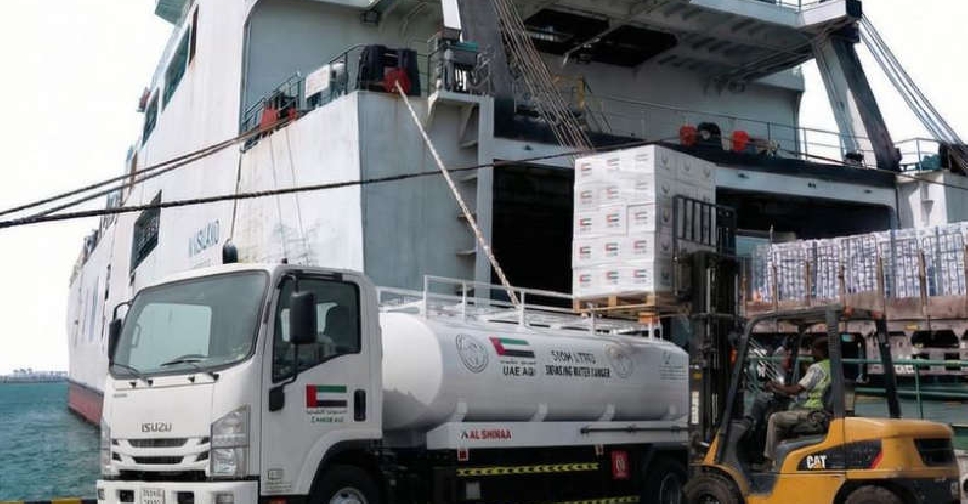 UAE begins loading humanitarian vessel bound for Gaza
UAE begins loading humanitarian vessel bound for Gaza
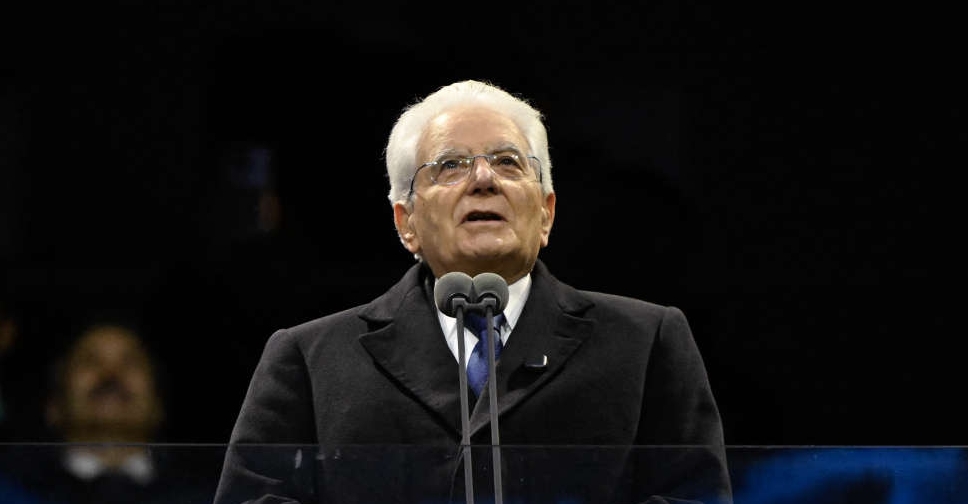 Italian president praises Zayed Award honour for Armenia, Azerbaijan
Italian president praises Zayed Award honour for Armenia, Azerbaijan
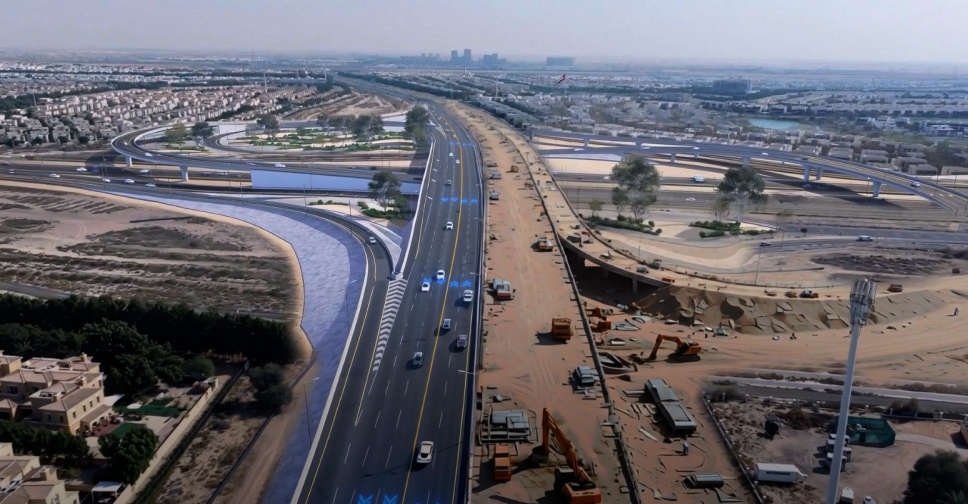 Dubai opens major Al Qudra bridge to cut travel time by over 50%
Dubai opens major Al Qudra bridge to cut travel time by over 50%
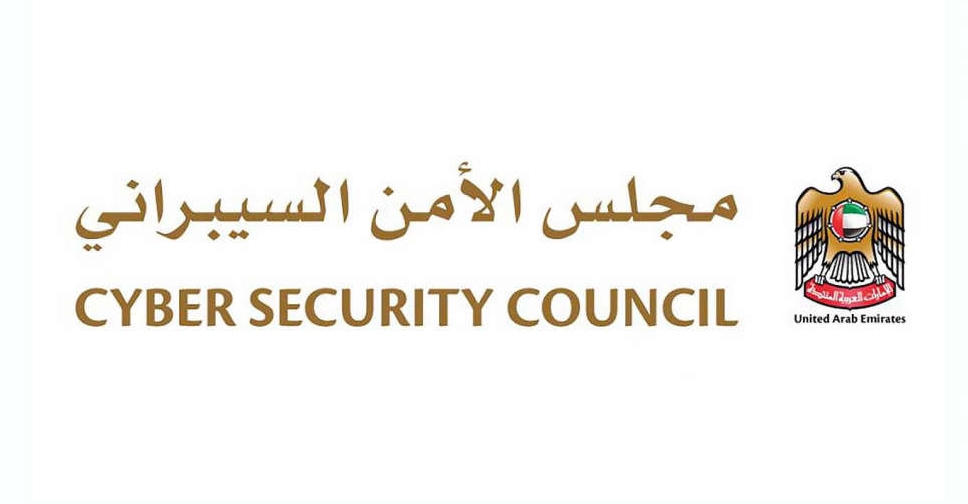 Cyber Security Council: Stolen logins drive majority of financial attacks
Cyber Security Council: Stolen logins drive majority of financial attacks
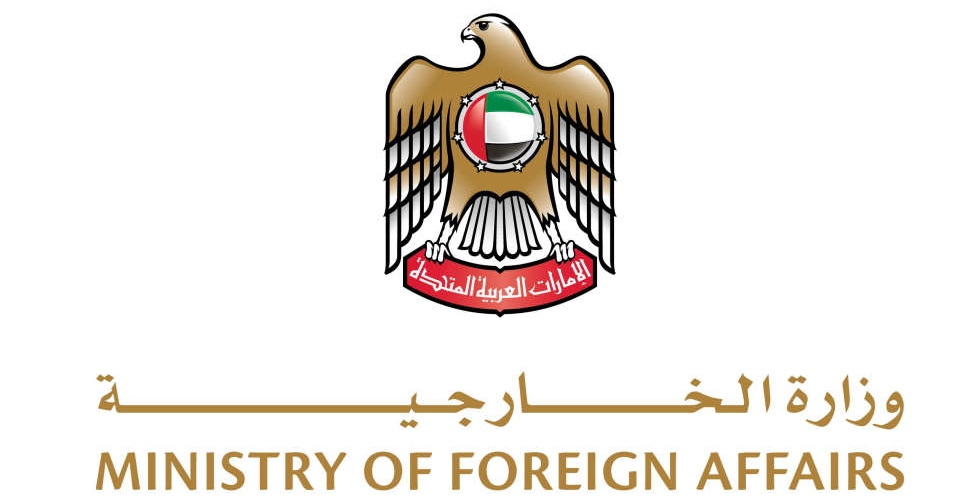 UAE welcomes US-Iran talks in Oman
UAE welcomes US-Iran talks in Oman
